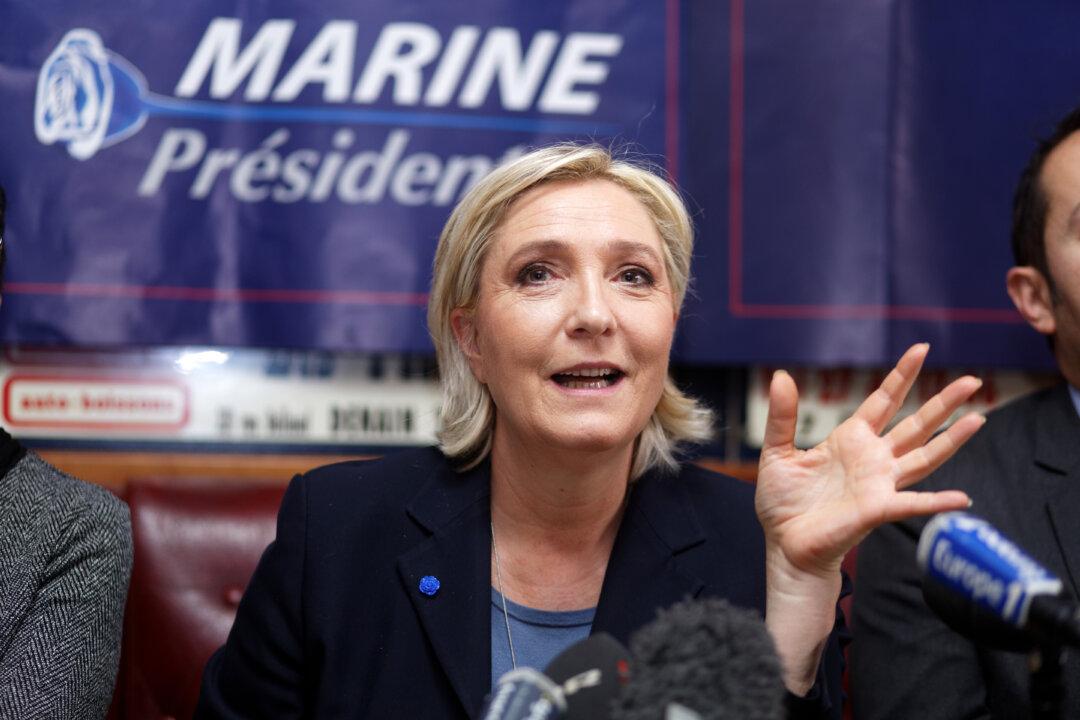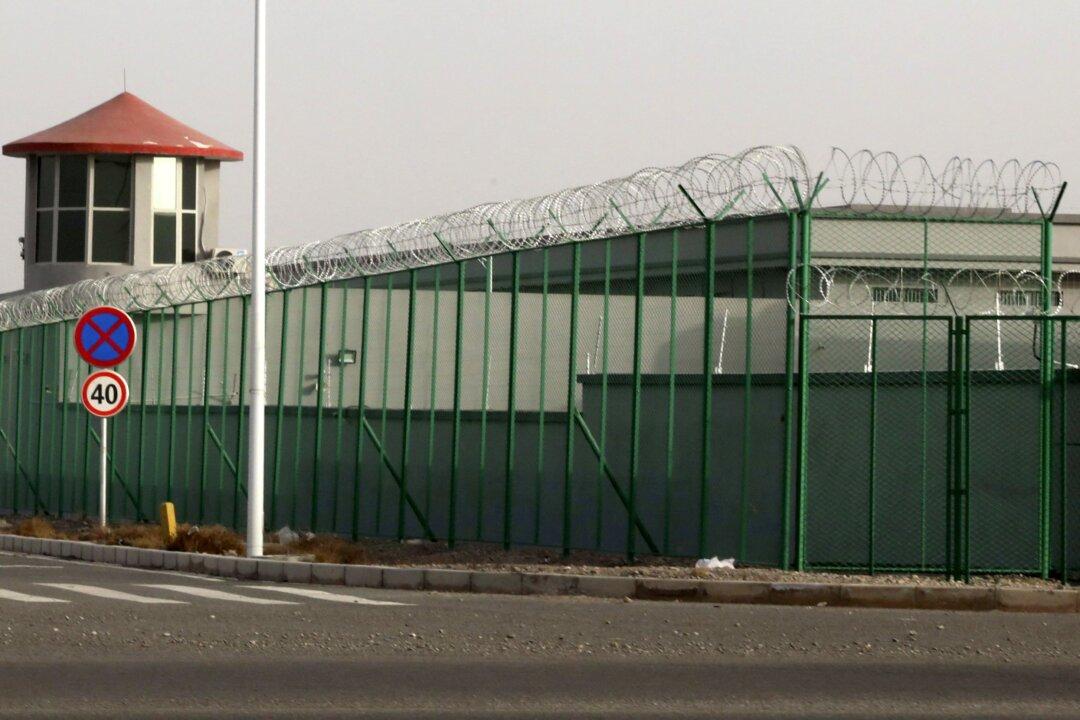The European Union’s 28 member-countries with a combined population of about 512 million last week delivered the highest turnout of voters in two decades in choosing 751 new Members of the European Parliament (MEPs).
The Grand Coalition, the centre-right European People’s Party (EPP) and centre-left Social Democrats, lost more than 70 MEPs and its long-held majority. The liberal-centrist grouping, the Alliance of Liberals and Democrats for Europe (ALDE&R), which includes French President Emmanuel Macron’s new party En Marche, won 32 seats.





